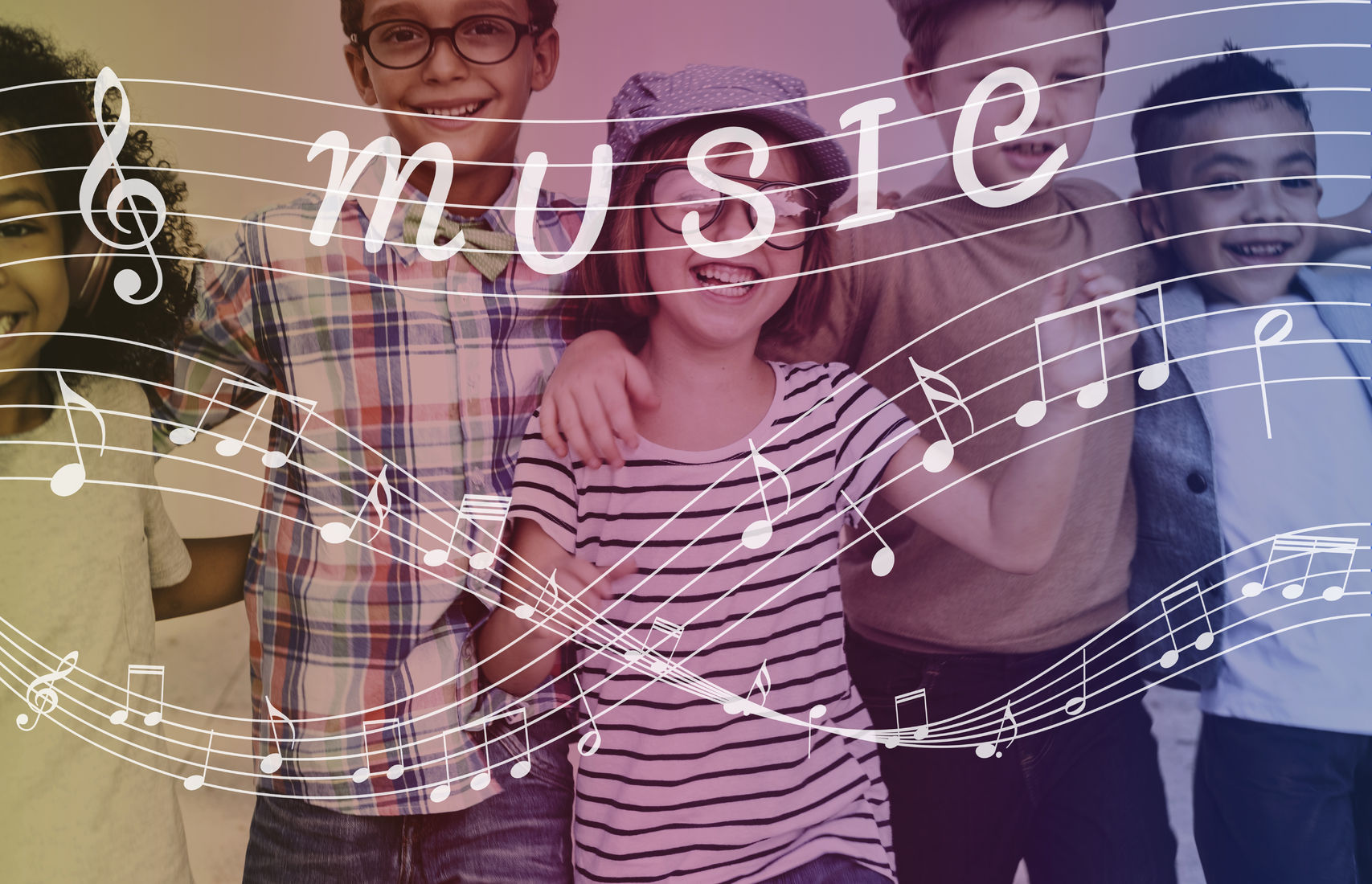
All of us remember our school mornings. Mornings in school were filled with cackle and banter from the last day’s stories. The first thing that we used was to gather around for ‘circle time.’ In some Australian schools, now there are no morning assemblies and circle times, but us, old-timers remember the excitement of singing in unison with our mates. Nowadays, we don’t have that but music classes are being taken more seriously than before. Why?
The answer is music therapy for kids.
While there is a common misbelief that music therapy is only for children with special needs, it isn’t true. Music therapy has been used around the world forever. The very first introduction of music therapy is the sweet coddling lullabies we have all heard from our mothers. Whenever a child is not able to fall asleep, the mother starts to hum, which relaxes and reassures the baby.
What is music therapy?
Music therapy is imparted by a trained professional with a certification done for the same. Evidence shows that music therapy for kids is effective at helping them relax, and express their feelings better. What happens in music therapy?
Music therapy lays down a procedure and path to a specific result.
Music therapy teaches simple processes to children, like tying their shoelace, via the methods of rhyming and singing, and it has been used for hundreds of years. Hippocrates, the father of medicine, believed in music therapy. Many hospitals around the globe have recognized music as therapy.
What happens in Music therapy?
Music therapy works differently for everyone. For someone, it could mean playing their favourite instrument; for others, it may mean writing an expressive song. A lot of kids also like expressing their emotions through singing.
Music therapy helps in the release of neurotransmitters, also known as endorphins. Endorphins are hormones that are responsible for making a person happy. Endorphins also relax the muscles and reduce stress. Music therapy also helps in releasing repressed feelings and memories.
Music therapy is an excellent way to recover from past trauma and bring behavioural changes.
Why is Music Therapy Effective?
Music has the power to engage people irrespective of their age group, illness, or physical limits. Humans start responding to music before birth. Many mothers listen to calming music during the gestation period to reduce the stress on the fetus.
When guided by an experienced therapist, music could become a medium to reduce anxiety and stress. There is a stereotype that music therapy is only used for differently-abled kids. However, modern-day health care specialists believe that everyone should take music therapy.
For example, lyrics and songs are an excellent way to teach visually impaired children the path to their room or bathroom.
5 Reasons for Opting for Music Therapy for Kids:
- No discrimination: Music therapy isn’t just for differently-abled children. Many parents have claimed to reduce stress in children after enrolling in music therapy. Apart from kids, elder people can also take music therapy.
- Release of Endorphins: Music therapy is back by evidence-based research and shows a drastic reduction in stress. Listening to music releases endorphins in the body. Endorphin is a happy hormone, which reduces stress and pain.
- Release of repressed emotions: Music therapy is not just about playing a favourite instrument. It involves writing lyrics and composing songs also. Writing is one of the most common ways to let out repressed emotions and thoughts.
- Differently-able children benefit greatly from it: Research shows that children with developmental difficulties, Parkinson’s disease, cancer or dementia show immense improvement. Music has a healing touch, and if the therapist is well-trained, it could do wonders.
- Excellent medium of expression: Psychologists and physicians often recommend music therapy to patients with trauma. One of the reasons for this is that music is an easy way to retrieve repressed emotions.
Music therapy is used as a medium to understand kids better. Kids are usually un-expressive, and difficult to gauge their emotions. Therapists use music as a bridge to reach the mental state of kids. Most healthcare practitioners have yielded progress through music therapy. Where other medical processes have failed, music has come to rescue many patients and doctors.